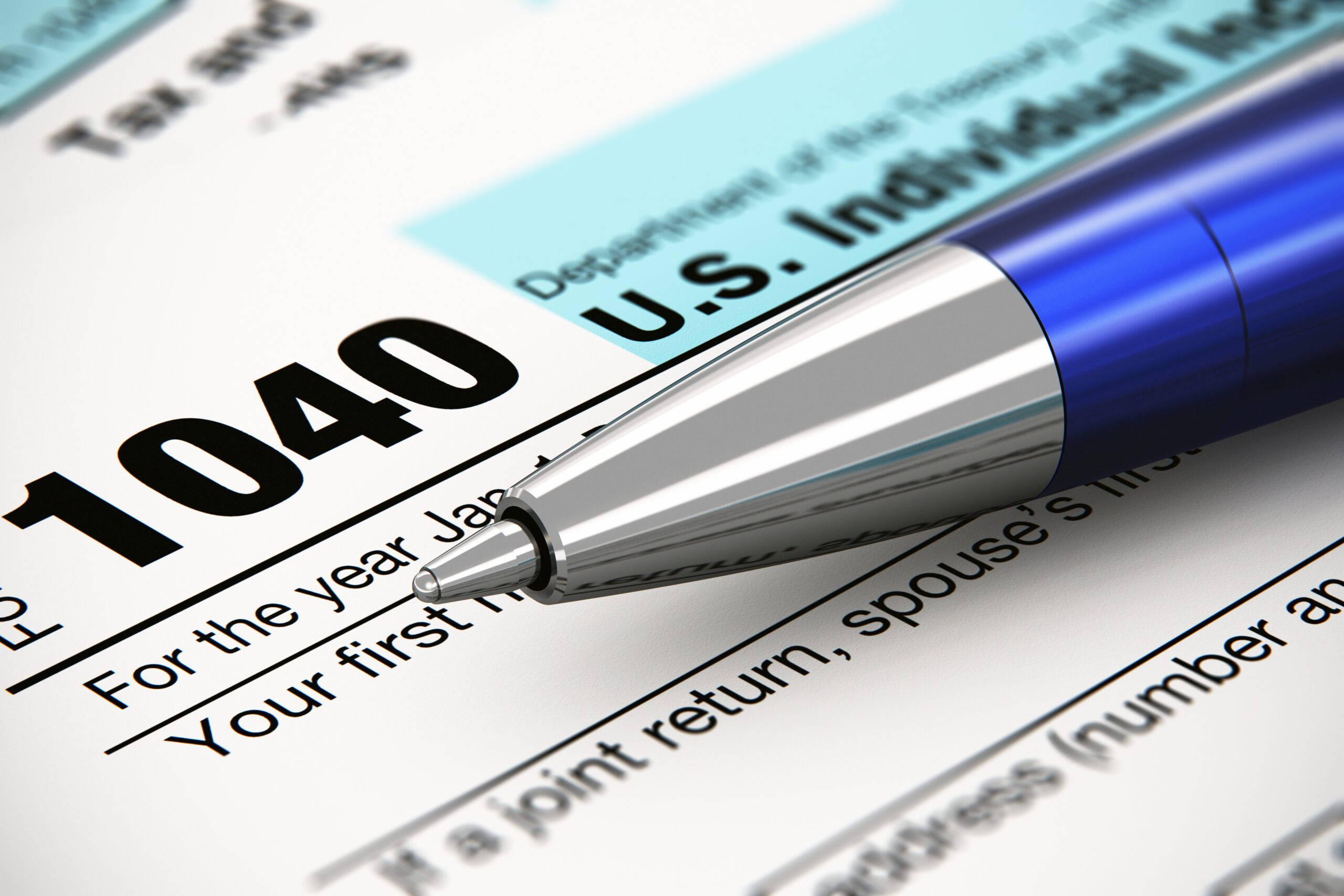Patent Case Summaries | Week Ending November 3, 2023 | Alston & Bird
Malvern Panalytical Inc. v. TA Instruments-Waters LLC, et al., No. 2022-1439 (Fed. Cir. (D. Del.) Nov. 1, 2023). Opinion by Prost, joined by Hughes and Cunningham.
Waters sued Malvern for infringement of two patents directed to microcalorimeters, which are machines that measure the amount of energy absorbed or released in a chemical reaction between two compounds. During claim construction, the district court construed the term “pipette guiding mechanism” as a “mechanism that manually guides the pipette assembly.”
The district court found that “pipette guiding mechanism” was coined by Malvern and not a known term of art, so the court reviewed the record for “objective boundaries to the scope of the term.” The review included analyzing the prosecution history of an unrelated patent application that was commonly owned by Malvern. During that prosecution, the applicant had limited the “pipette guiding mechanism” to only manual embodiments. Malvern later listed the pertinent office actions in an IDS for the patents-in-suit. Based on those events, the district court limited the term to manual guiding mechanisms.
Following the court’s claim construction, the parties stipulated to noninfringement and Malvern appealed, challenging the construction.
The Federal Circuit ruled that the district court’s claim construction was improperly narrow, and therefore vacated the noninfringement stipulation and remanded.
The Federal Circuit first concluded that neither the claim language nor the specification limits the “pipette guiding mechanism” to only manual embodiments. As for the prosecution history from the unrelated patent, the Federal Circuit concluded that merely having listed those office actions in an IDS for the patents-in-suit “was insufficient to inform the meaning of ‘pipette guiding mechanism’ in the unrelated” patents-in-suit. On that basis, the Federal Circuit concluded that the district court erred in its construction.
Additionally, the Federal Circuit concluded that even if the references to the office actions in the IDS could justify considering the unrelated prosecution history, the statements in that prosecution history did not “clearly and unambiguously disclaim any scope of ‘pipette guiding mechanism.’” The applicant had merely abandoned an unsuccessful argument, which “lacks the clarity necessary to establish prosecution disclaimer.”
View Opinion
In re: PersonalWeb Technologies LLC, Nos. 2021-1858, -1859, -1860 (Fed. Cir. (N.D. Cal.) Nov. 3, 2023). Opinion by Reyna, joined by Lourie. Dissenting opinion by Dyk.
Years after PersonalWeb had sued Amazon in Texas and dismissed the case with prejudice, PersonalWeb sued eighty-five Amazon customers on the same patents and the same accused technology—Amazon’s S3 product. Amazon intervened and filed a declaratory judgment action against PersonalWeb, seeking an order under the Kessler doctrine barring PersonalWeb’s infringement actions against the customers based on PersonalWeb’s earlier dismissal with prejudice of the Texas action.
The district court granted partial summary judgment of noninfringement as to the S3 product in favor of Amazon based on the Kessler doctrine and claim preclusion. Meanwhile, the litigation proceeded as to a second accused product, Amazon’s CloudFront. After claim construction, the district court granted Amazon summary judgment of noninfringement as to CloudFront because PersonalWeb conceded it could not meet its burden of proving infringement.
At the end of the cases, the district court awarded attorneys’ fees and costs under 35 U.S.C. § 285. The court determined that the cases were exceptional because PersonalWeb’s infringement claims for the S3 product were objectively baseless because they were barred under Kessler, and because PersonalWeb had frequently changed its infringement positions, unnecessarily prolonged the litigation, took unreasonable positions, and filed inaccurate declarations. The court awarded over $5 million in fees.
PersonalWeb appealed arguing that the cases were not “exceptional” under § 285 and that, even if they were exceptional, the district court erred in its calculation of the fee award.
In a divided opinion, the Federal Circuit affirmed. Foremost, the Federal Circuit held that “the district court did not abuse its discretion when considering Kessler in its assessment of exceptionality,” as “a straightforward application of Kessler barred PersonalWeb’s claims.” According to the Federal Circuit, Kessler and other precedent “all explain[] that, after a ‘final judgment’ of noninfringement, follow-up suits against customers over the same allegedly infringing product, which receives the limited trade right, were precluded.” The Federal Circuit saw no abuse of discretion in the district court’s Kessler analysis. The Federal Circuit also saw no abuse of discretion in the district court’s other reasons for finding exceptionality.
Lastly, the Federal Circuit concluded that the district court did not abuse its discretion in calculating the fee award. The district court “took steps to be fair.” The court “thoroughly analyzed the extensive record, considered conduct that both supported and detracted from its award of attorneys’ fees, and explained the award’s relation to the misconduct.” The district court’s “thorough and well-reasoned fee award determinations” were “entitled to substantial deference on appeal.”
Judge Dyk dissented because Kessler and the other cases relied on by the majority “all involved cases in which the prior judgment embodied a judicial determination of the respective rights and duties of the parties”—not a judgment premised on a stipulated dismissal as in the Texas action against Amazon. Moreover, after the Federal Circuit had decided the Kessler issue (in connection with an earlier appeal by PersonalWeb), PersonalWeb sought certiorari, and the Supreme Court invited the Solicitor General to file an amicus brief. The Solicitor General adopted the view of Kessler that PersonalWeb later pressed in the customer cases. Judge Dyk was thus “at a loss to understand how making an argument that the Solicitor General agreed was correct and that was a matter of first impression in our court can lead to an award of fees.” Because in Judge Dyk’s view “the Kessler argument was not objectively baseless,” he would remand for removal of the portion of the fee award attributable to that argument.
View Opinion
[View source.]






![[Webinar] Quality of Patents in the AI Era: a SWOT Analysis – June 12th, 9:00 am PT | IPRally [Webinar] Quality of Patents in the AI Era: a SWOT Analysis – June 12th, 9:00 am PT | IPRally](https://jdsupra-static.s3.amazonaws.com/profile-images/og.16325_1352.jpg)